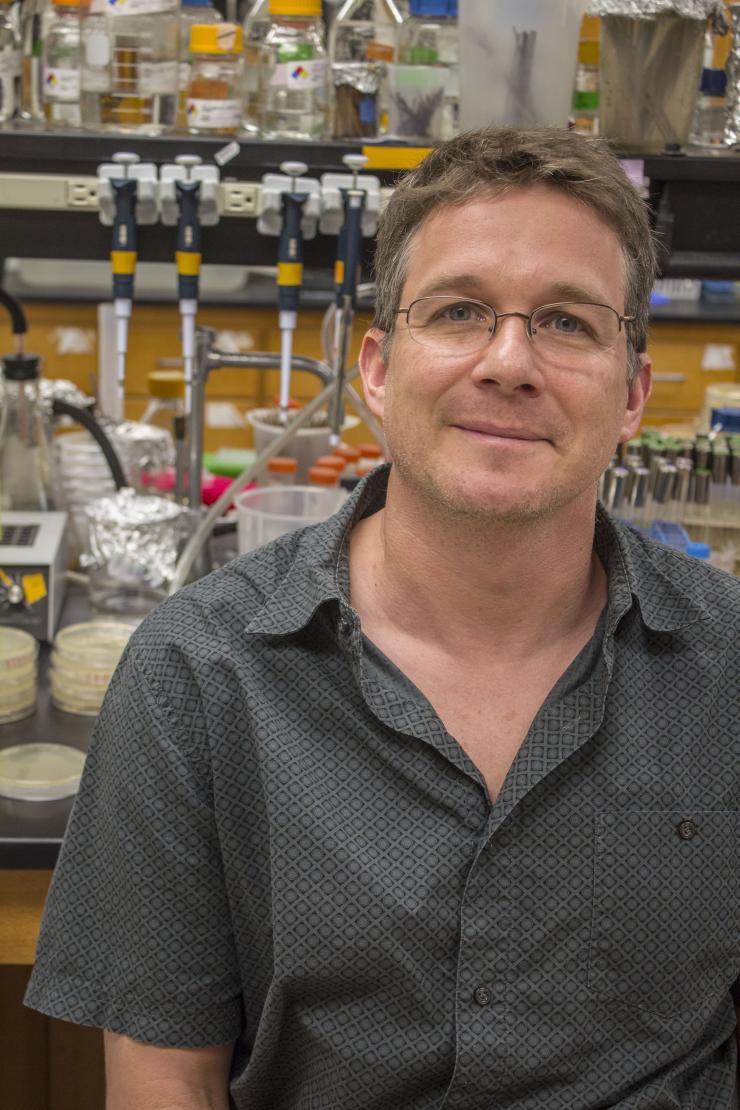The bacterium Vibrio cholerae annually causes millions of cases of the often fatal disease cholera, typically in regions where access to clean drinking water is limited. V. cholerae can be introduced into water by infected individuals who can sometimes be asymptomatic, however this microbe is also a natural inhabitant of aquatic waters. Since the summer following the tragic January 2010 earthquake in Haiti, an on-going cholera epidemic has resulted in more than 600,000 individual cases and 7,500 deaths. The emergence of this cholera epidemic has sparked questions as to whether the origin of the outbreak was imported or indigenous. Previous genome sequencing studies suggested that a strain of V. cholerae was inadvertently introduced into Haiti by United Nations security forces deployed from Nepal, where cholera outbreaks occurred weeks before the troops were deployed to the island. Subsequent studies, however, suggest that the strain may have acquired DNA through “horizontal gene transfer” from other Vibrio organisms in the local environmental – a phenomenon that may have contributed to the outbreak.
In a new study published in the journal mBio, the Centers for Disease Control and Prevention’s Cheryl Tarr and Lee Katz (School of Biology Ph.D. recipient) along with Georgia Tech’s School of Biology Professor Brian Hammer, his student Elena Antonova, and other colleagues, analyzed a set of isolates collected in Haiti at various times and locations since 2010. Genome sequencing of these isolates supports a model in which the outbreak was due to a single point-source introduction of V. cholerae to the island. Further analysis revealed that not only have the Haiti isolates not acquired new genes from the environment, but they are also severely impaired for the ability to undergo horizontal gene transfer, which typically allows bacteria to adapt quickly to new environments. On-going studies are underway to identify the mutation that prevents the Haiti strains from taking up environmental DNA.
The study was published on July 2, 2013 in mBio, the online open access journal from the American Society for Microbiology, and can be found at: http://mbio.asm.org/content/4/4/e00398-13. Funding for Hammer’s work in this study was provided by a grant from the National Science Foundation.
